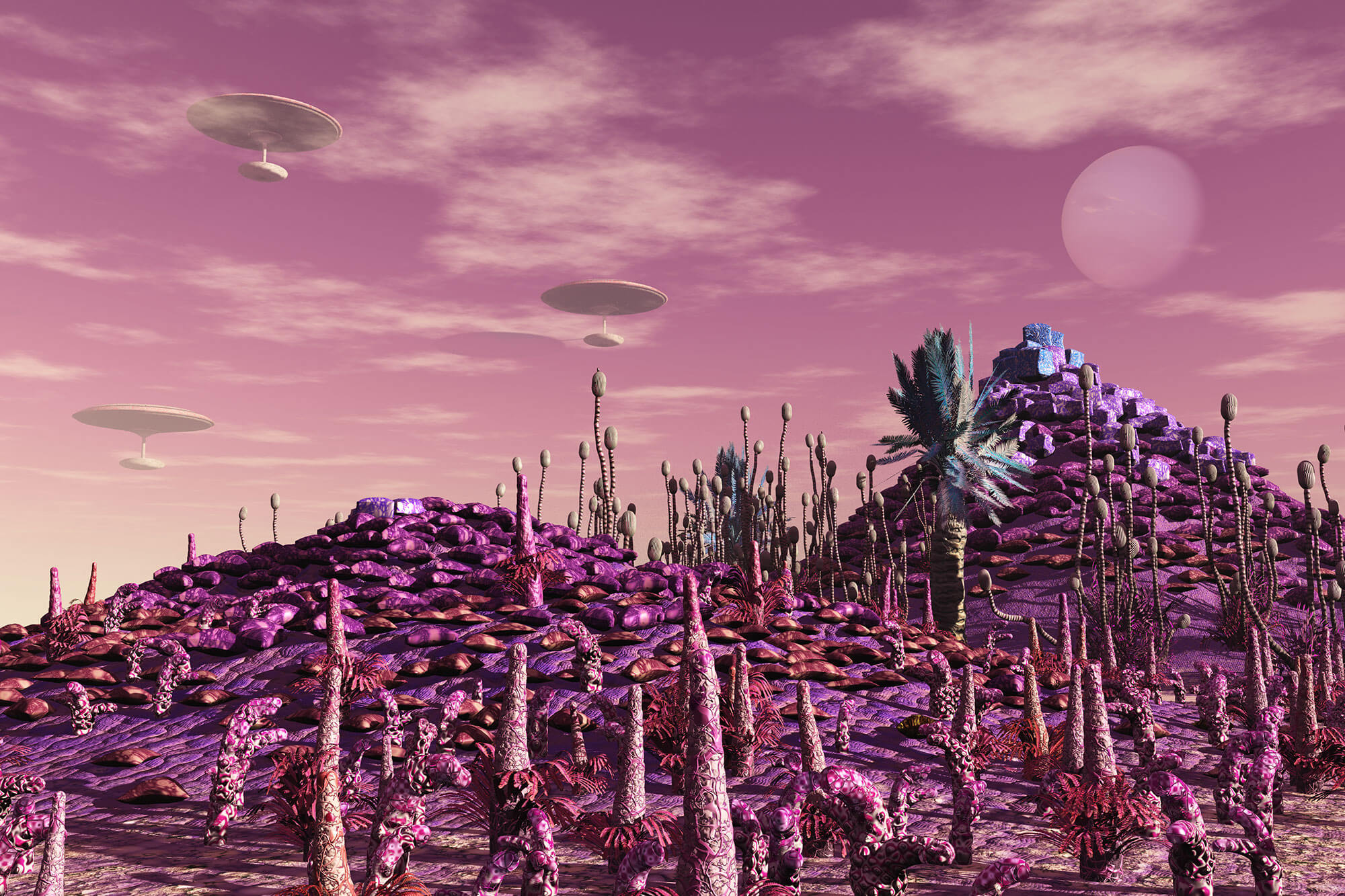Advertisement
Stringent regulations are in place to ensure that private landowners have detailed plans to eradicate alien vegetation – primarily at their personal cost, albeit supported by programmes providing access to assistance and information.
Chasing ET
Jeff Bezos may have hoped to rub shoulders with extra-terrestrial life forms when launching into space last month, but to date we’ve had no reports of him finding any such other-worldly life forms just yet.
While the rest of us may dream of space exploration the closest we’ll get to that is finding aliens of a different kind – right on our own doorstep.
Advertisement
Knysna Municipality Environmental Planning manager, Pam Booth has been spearheading a plethora of projects to rid the region of undesirable fauna (also known as alien vegetation), especially in catchment areas.
Who foots the bill?
Booth confirms that all privately-owned land needs to be cleared by owners themselves. There is no significant discrepancy in legislation when it pertains to estates, be they golf-oriented or residential.
‘Properties greater than five hectares need an Invasive Plant Control Plan, approved by the Bio-Security unit of the National Department of Forestry, Fisheries and Environment. This is not rocket science, and there are clear guidelines at invasives.org.za – it’s the go-to site for all things invasive.
Baddest seeds
No succinct national list exists for estates exclusively, but the usual ubiquitous characters top the destructive-intruder charts:
*Eucalyptus species commonly known as Gum trees are vigorous invaders with an unquenchable thirst and unfriendly disposition. They suck up megalitres of water and have an allelopathic effect, i.e. they release chemicals that prevent other plants from thriving.
*Acacias such as Black wattle, Rooikrans, Port Jackson, and Blackwood are highly invasive. Rooikrans flourishes along South Africa’s coastline; the others are found everywhere else.
*Lantana camara is a nasty rambling climber with pretty flowers. ‘Quite difficult to kill, they rapidly fill the gaps created when cutting down aliens like Black wattle,’ Booth says.
Get with the programme
Support for landowners – be it with information, equipment or manpower – is provided by organisations countrywide to help participants plan and execute alien-clearing drives.
‘Knysna Municipality provides herbicide – a poison designed to kill trees, like pesticide but for plants – gratis, along with technical and operational advice on best methods and equipment.
‘We also avail lists of municipally-trained service providers, accredited in courses such as herbicide mixing and application, chainsaw operation, and safety training.’
Knysna eco-heroes
Booth shares three examples of developers setting the trend.
‘Simola Country Estate was issued with a non-compliance notice in terms of the Biodiversity Act in 2019. They swiftly submitted a Control Plan, and homeowners contributed R500,000 towards its implementation. Lots of work remains but is being done in a systematic fashion.’
Booth mentions a developer worthy of kudos on Knysna’s western Head. “Two gigantic erven house most of what remains of Knysna Sand fynbos – a critically endangered vegetation type found only here, with less than 1,400 hectares left… anywhere.
‘The landowner has elected to do a sensitive low-impact development of clustered units in discrete sites, with low visibility but stunning views.’ Examples include a tented camp on the edge of the only forest patch, and clustered single-storey units in a kloof.
‘He has erected owl boxes throughout the property and methodically implements his clearing plan. It’s a tribute to sensitive land management that sustains ecological processes,’ adds Booth.
Booth says Pezula is another case of good management, its landscaping policy precluding species not endemic to the area, while a percentage of every plot must remain undisturbed. ‘When driving through Pezula, the abundance of birds, amphibians and insects proves that the system is thriving.’
Not solely for the southbound
The Southern Cape Landowners Initiative run by Cobus Meiring offers advice and, when funding allows, products. Based in Wilderness, Meiring guides estate managers countrywide – email cobus@naturalbridge.co.za or check out scli.org.za for details.



